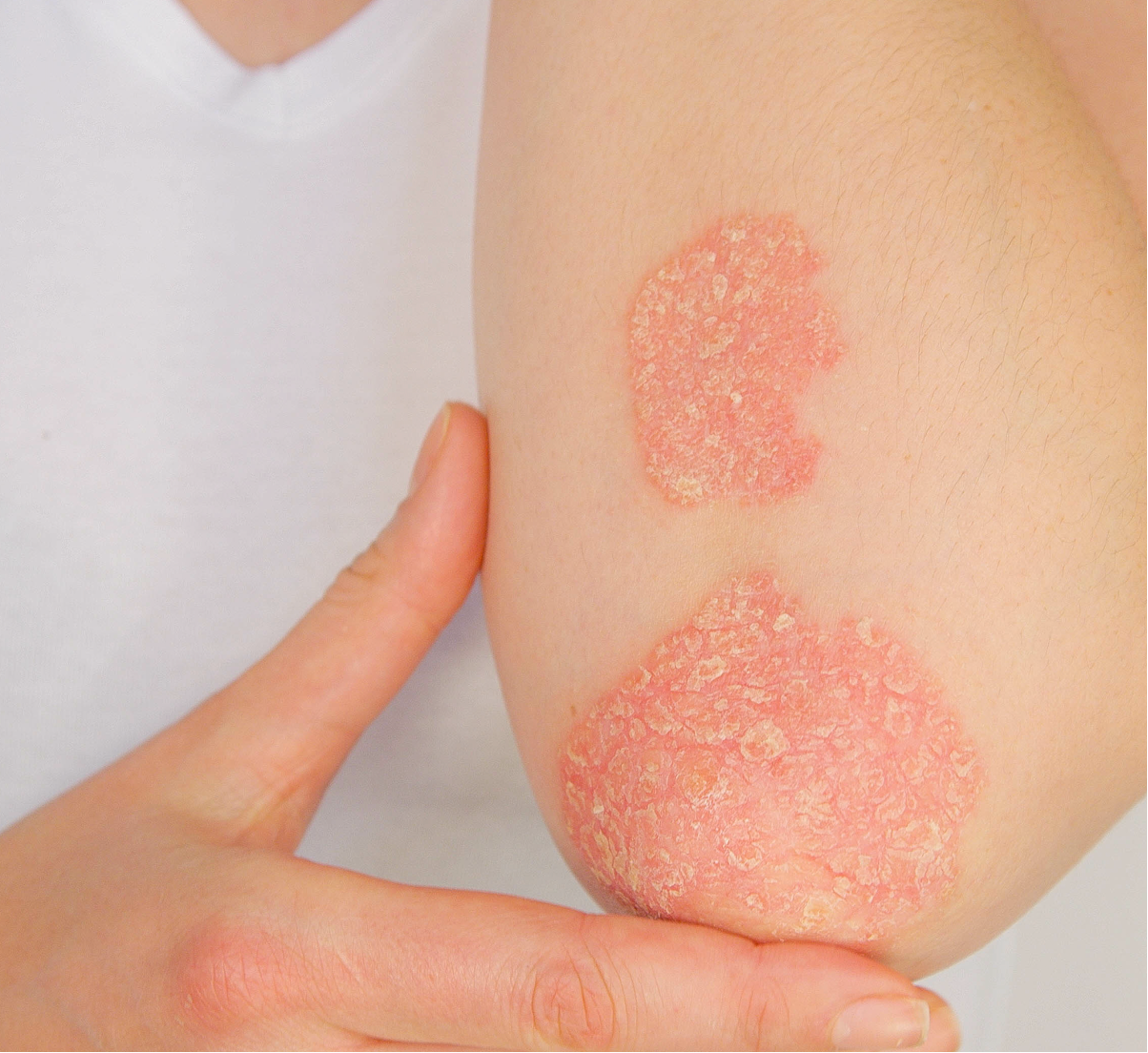News
Article
Patients With Arthritis, IBD, Experience High Rates of Long Covid Affecting QoL
Author(s):
Notably, people with fewer vaccine doses were more likely to experience post-acute sequelae of COVID-19.
Credit: Adobe Stock

A significant portion of people with systemic autoimmune disease, including inflammatory arthritis and inflammatory bowel disease, experienced post-acute sequelae of COVID-19 (PASC), which often affected quality of life.1
“With decreasing severity of SARS-CoV-2 infections in the general population, attention has shifted to outcomes in at-risk subpopulations such as immunosuppressed persons, as well as growing recognition of long-term effects. In particular, some persons may develop persistence of symptoms following resolution of acute infection, a condition termed PASC or “Long COVID,” which can be debilitating and impact quality of life,” lead investigator Mayan Teles, BS, Department of Surgery, Johns Hopkins University School of Medicine, and colleagues wrote.1
Teles and colleagues conducted a study involving adults with systemic autoimmune diseases in a prospective cohort of SARS-CoV-2 vaccination between December 2020 and April 2021. Participants were surveyed relating to vaccination status, SARS-CoV-2 infection incidence, and disease flares. Participants reporting SARS-CoV-2 infection were further surveyed relating to SARS-CoV-2 infection to compare those reporting PASC to those not. PASC was defined as more than 1 symptom persisting for over 12 weeks.1
The investigators surveyed 1615 participants, 590 (36.5%) of which reported SARS-CoV-2 infection and 299 (50.7%) of which responded to PASC surveys. The respondents were 1.62% female and 90.2% white, with a median age of 48 years (interquartile range [IQR], 40-60) and a median of 3 (IQR, 2-3) vaccine doses at the time of first infection. Responders had diagnoses including inflammatory arthritis (38.5%) and inflammatory bowel disease (14.4%).1
Teles and colleagues found that around a third (n = 89; 29.8%) reported PASC, with the mostcommon symptoms being neurological/psychological (83.1%). Most (84%) with PASC reported an impact on QoL. Notably, they found that participants with PASC reported a median of 2 preceding vaccines (IQR, 2-3) and more reinfections (16.9%) compared with a median of 3 vaccines (IQR, 2-3; P <.001) and less reinfections (5.7%; P = .004) in participants without PASC.1
“In summary, PASC appears relatively common in vaccinated persons with systemic autoimmune and rheumatologic diseases, including those experiencing mild acute disease in the Omicron era. Symptoms are heterogeneous, occur in multiple organ systems, and can have significant and prolonged impact on quality of life,” Teles and colleagues concluded.1 “More research in preventive and treatment strategies is necessary among immunosuppressed populations to determine an optimal approach to reduce the burden of disease. Given higher PASC incidence among those with fewer SARS-CoV-2 vaccinations and multiple infections, these findings support the ongoing recommendation for booster vaccination and infection prevention strategies in this patient population.”
The study adds to a growing body of evidence demonstrating a link between long COVID intensity and inflammatory arthritis. Among the COVID-19 cases, 39.5% were categorized as having long COVID. Most cases and controls had rheumatoid arthritis (67% and 85%, respectively), most were female (80% and 80%, respectively), and most were White (88% and 93%, respectively). The most commonly prescribed medications were methotrexate and/or tumor necrosis factor (TNF) inhibitors.2
Although the short form 12 (SF-12) physical and mental health, fatigue symptom inventory (FSI), short form McGill Pain Questionnaire (SF-MPQ), Routine Assessment of patient Index Data 3 (RAPID-3), and modified health assessment questionnaire (MHAQ) scores were comparable across cases and controls, rheumatic disease control was worse post-COVID-19 infection among patients with a prior COVID-19 diagnosis.2
After stratifying by long COVID status, worse RAPID-3 (3.7 vs 2.3, P <.01), MHAQ (0.4 vs 0.1, P <.01), SF-12 physical (38.1 vs 47.2, P <.01) and mental health (48.6 vs 53.0, P = .03), FSI (5 vs 4 (P <.01) were observed among patients with and without long COVID. Similarly, SF-MPQ scores for sensory (4.5 vs 3, P <.01), affective (1 vs 1, P = .01), and present pain (2 vs 1, P <0.01), and rheumatic disease control scores (6 vs 7, P = .05) were observed among both groups, respectively.2




